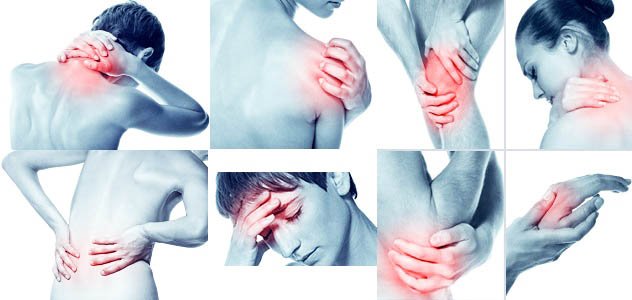Pain Killers
5 Essential Tips for Pain Management
Pain Management effectively plays a crucial role in maintaining a high quality of life. Whether you’re dealing with chronic pain or acute discomfort, adopting the right strategies can make a significant difference. Here are five essential tips to help you manage pain effectively and improve your overall well-being.
1. Understand the Source of Your Pain Management
Firstly, to manage pain effectively, start by understanding its source. Pain can arise from various causes, including injuries, medical conditions, or chronic diseases. Therefore, consult a healthcare professional to diagnose the underlying issue. Once you identify the root cause, you can then work with your doctor to develop a targeted treatment plan that addresses the specific problem.
2. Adopt a Comprehensive Pain Management Plan
Next, consider adopting a comprehensive pain management plan that often involves a combination of treatments. Incorporate the following elements into your plan:
Medication: Follow your doctor’s recommendations for pain-relief medications, whether they are over-the-counter or prescription.
Physical Therapy: Engage in physical therapy to improve mobility and strengthen the muscles around the affected area.
Alternative Therapies: Additionally, explore alternative treatments such as acupuncture, massage, or chiropractic care to complement traditional approaches.

3. Incorporate Healthy Lifestyle Habits
Moreover, maintaining a healthy lifestyle can significantly impact your pain levels and overall well-being. Incorporate these habits into your daily routine:
Exercise Regularly: Engage in low-impact exercises, such as swimming or walking, to stay active without straining your body.
Eat a Balanced Diet: Focus on a diet rich in anti-inflammatory foods, such as fruits, vegetables, and whole grains, which can help reduce pain and inflammation.
Get Adequate Sleep: Prioritize good sleep hygiene to ensure you get restful and restorative sleep, which is vital for pain management and recovery.
4. Practice Stress Management Techniques
Since stress can exacerbate pain, managing stress effectively becomes crucial. Try incorporating these techniques into your routine:
Mindfulness and Meditation: Practice mindfulness and meditation to manage stress and improve your emotional response to pain.
Deep Breathing Exercises: Use deep breathing exercises to calm your mind and reduce muscle tension.
Relaxation Techniques: Additionally, experiment with relaxation techniques, such as progressive muscle relaxation or guided imagery, to alleviate pain and promote relaxation.
5. Seek Support and Stay Connected
Furthermore, dealing with pain can be challenging, and having a support system can make a significant difference. Consider these strategies:
Join Support Groups: Connect with others who experience similar pain conditions through support groups or online forums. Sharing experiences and coping strategies can provide comfort and valuable insights.
Communicate with Loved Ones: Keep an open line of communication with family and friends about your pain and how it affects you. Their understanding and support can offer emotional relief and practical help.
Work with a Pain Specialist: If your pain persists or worsens, consult a pain specialist who can offer advanced treatment options and tailored strategies for pain management.
Conclusion
In summary, effective treatment. involves a multifaceted approach, combining medical treatment with lifestyle changes and emotional support. By understanding the source of your pain, adopting a comprehensive management plan, maintaining healthy habits, practicing stress management, and seeking support, you can take control of your pain and enhance your quality of life. Consult healthcare professionals to create a personalized pain management plan that meets your unique needs.
